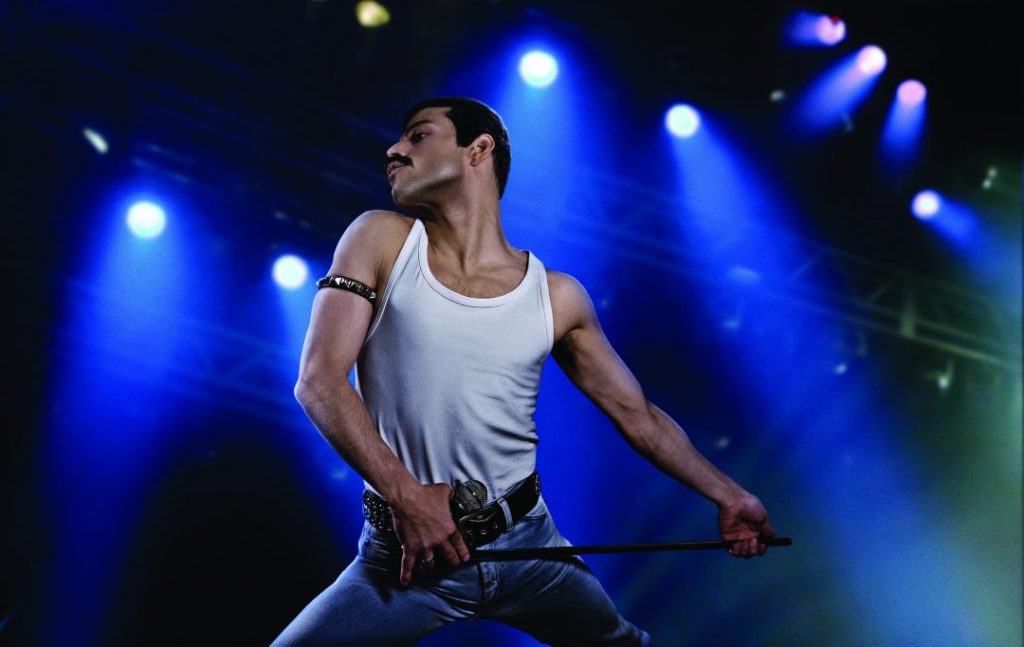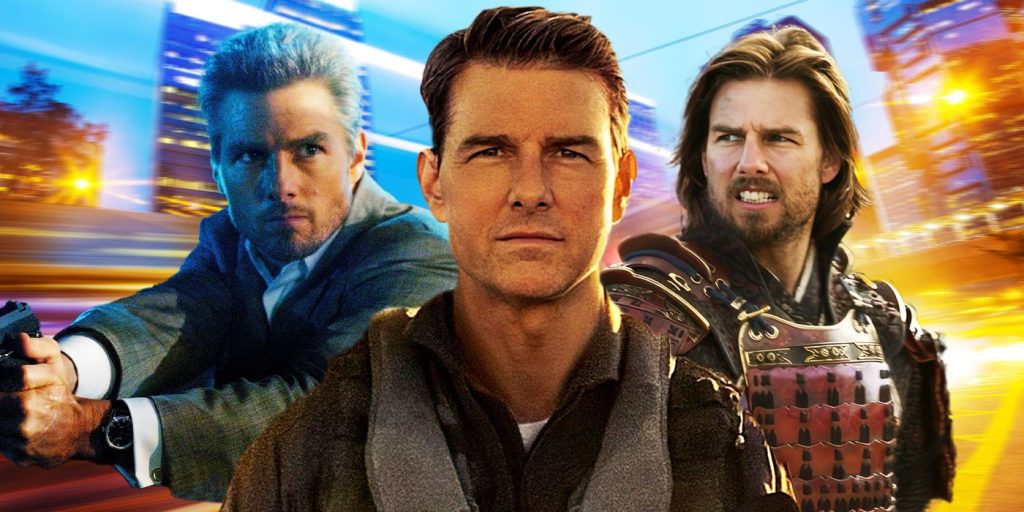In an era dominated by CGI and visual effects, one seemingly understated genre is making a powerful comeback: biopics. These films, drawn from the real lives of remarkable individuals, may lack superheroes and multiverses—but they offer something else: emotional depth, human complexity, and the power of truth.
Sometimes, reality truly is stranger—and more moving—than fiction.
1. When Reality Outshines Imagination
From the lives of scientists and musicians to political figures and social changemakers, biopics offer a deep dive into the individuals who’ve helped shape our world. And what draws us in isn’t spectacle—it’s contradiction: brilliance and failure, courage and doubt, love and regret.
Notable examples include:
- Oppenheimer (2023) – A haunting portrait of the father of the atomic bomb, torn between genius and guilt.

Caption: “Oppenheimer – A mind that changed the world, a soul burdened by it.”
- Bohemian Rhapsody (2018) – The meteoric rise of Freddie Mercury, a man whose voice shook stadiums, yet whose inner life was filled with solitude.

Caption: “A dazzling life, marked by overwhelming loneliness.”
- The Social Network (2010) – The creation of Facebook, and the friendships and betrayals behind a tech empire.

Caption: “Sometimes success costs more than it’s worth.”
2. Imperfection Is What Makes These Stories So Human
Unlike idealized fictional characters, real-life protagonists are full of flaws: they’re arrogant, impulsive, broken, brilliant. And that makes them relatable. We don’t just admire them—we recognize ourselves in them.
Take for example:
- Elvis (2022) shows the King of Rock not just as a performer, but as a prisoner of fame and manipulation.
- The Imitation Game (2014) uncovers Alan Turing’s monumental contributions during WWII—and the tragic injustice he faced because of his sexuality.

Caption: “A genius unrecognized in his own time.”
3. Biopics Help Us Understand the Present Through the Past
Beyond storytelling, biopics invite us to reflect on ethics, society, injustice, and identity. They humanize historical figures and reveal the ripple effects of their actions.
Films like BlacKkKlansman (racism), Spotlight (abuse in the church), or Erin Brockovich (environmental justice) spotlight ordinary people taking on extraordinary challenges—and winning.
4. Why Audiences Are Embracing the Genre
Part of the appeal lies in our hunger for authenticity. In a world saturated with misinformation, filters, and digital personas, there’s something refreshing about stories rooted in real life.
Biopics also inspire, educate, and create cross-generational connections: young audiences learn about the past, while older ones revisit history through fresh lenses.
5. Not Always 100% Accurate
It’s worth noting that biopics aren’t documentaries. To build drama, filmmakers sometimes condense timelines, embellish events, or reframe characters. This can lead to controversy, such as:
- Bohemian Rhapsody was accused of romanticizing parts of Mercury’s story.
- The Greatest Showman was criticized for glossing over the darker aspects of P.T. Barnum’s legacy.
Still, when handled with care, biopics can balance artistic liberty and historical respect.
Other Must-See Biopics
- Rocketman (2019) – Elton John’s rise and battles with addiction
- King Richard (2021) – The father who shaped Venus & Serena Williams
- Maestro (2023) – The complex genius of Leonard Bernstein
- Tick, Tick… Boom! (2021) – Jonathan Larson’s bittersweet creative journey
- A Beautiful Mind (2001) – The inner struggles of mathematician John Nash
Final Thoughts
A biopic is more than a reenactment of real events—it’s a cinematic bridge into the mind, time, and emotional world of someone who truly lived. These people may not be perfect, but it’s precisely their imperfection that makes their stories unforgettable.
In a landscape dominated by special effects, biopics remind us that the most powerful story a movie can tell might simply be one that actually happened.


